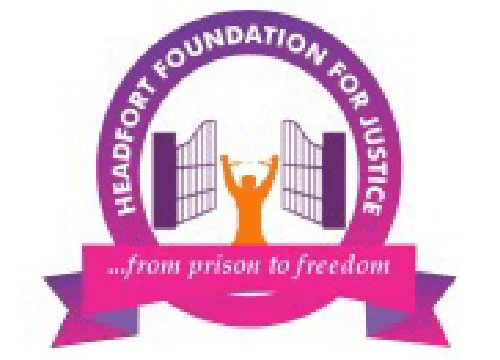Welcome to the SDG Awards, a distinguished recognition program honoring the remarkable contributions of individuals, organizations, and initiatives in championing the United Nations’ 17 Sustainable Development Goals (SDGs).

Legal Aid: The foundation has provided legal aid to over 12,000 indigent Nigerians, helping them navigate the criminal justice system and secure their freedom.